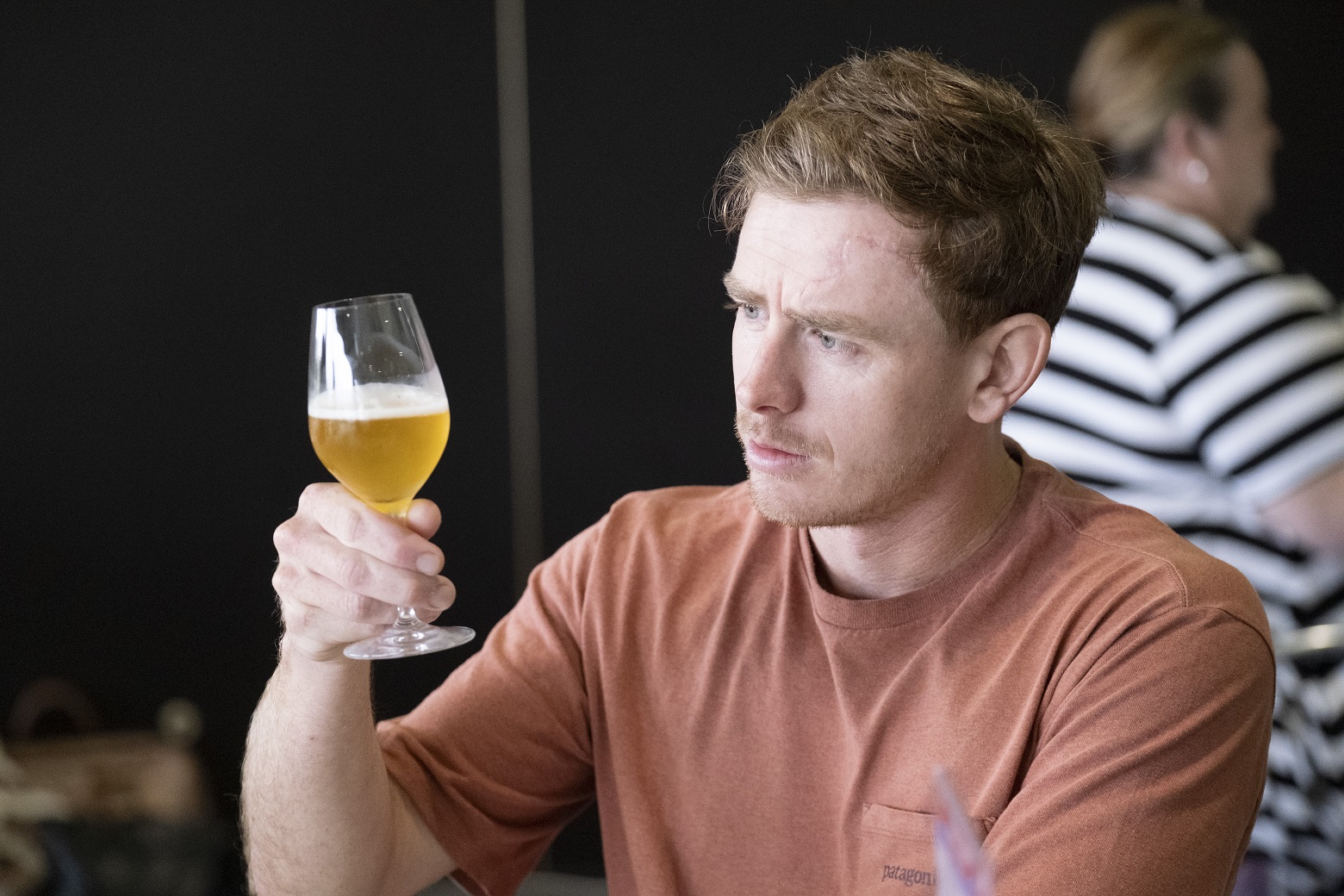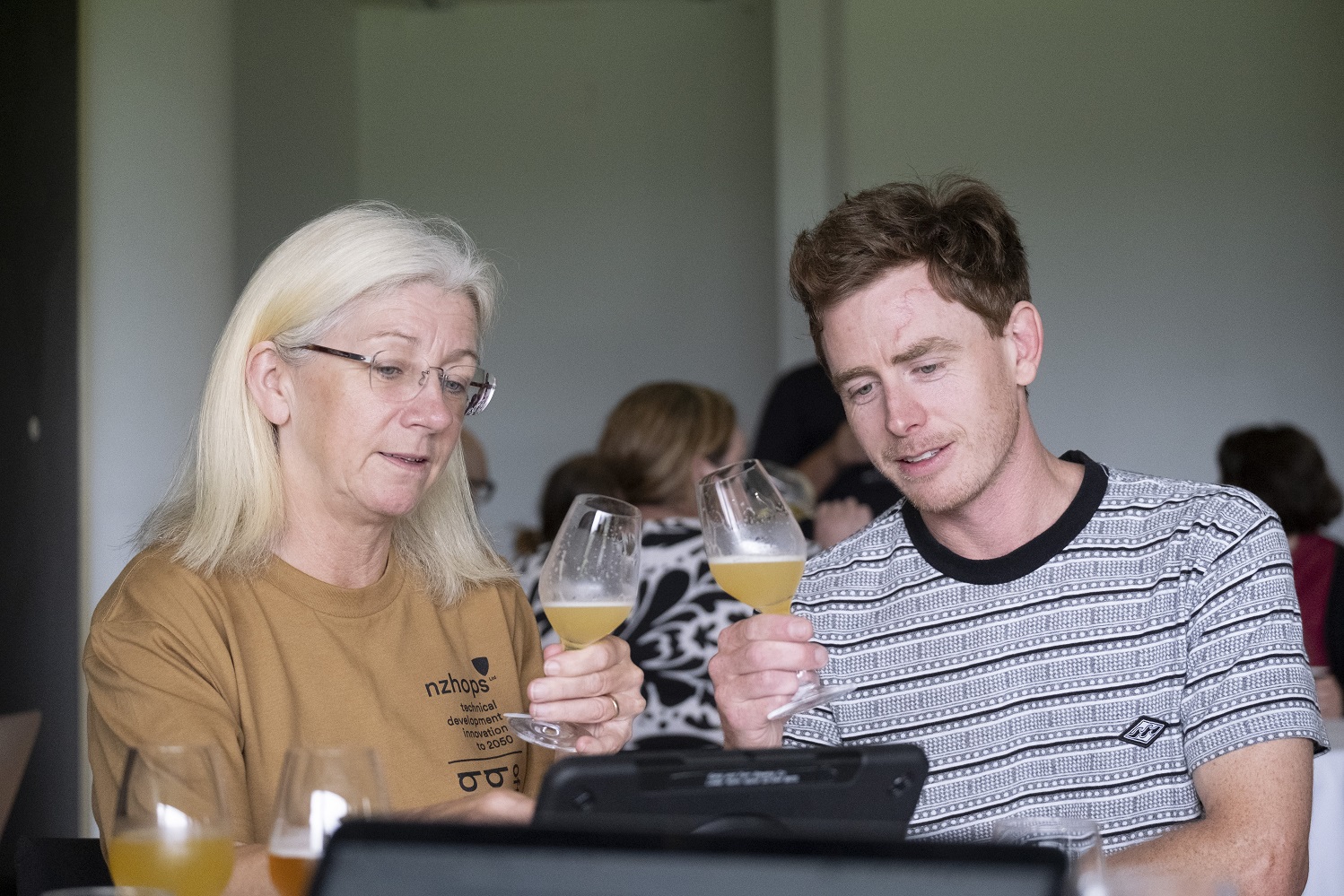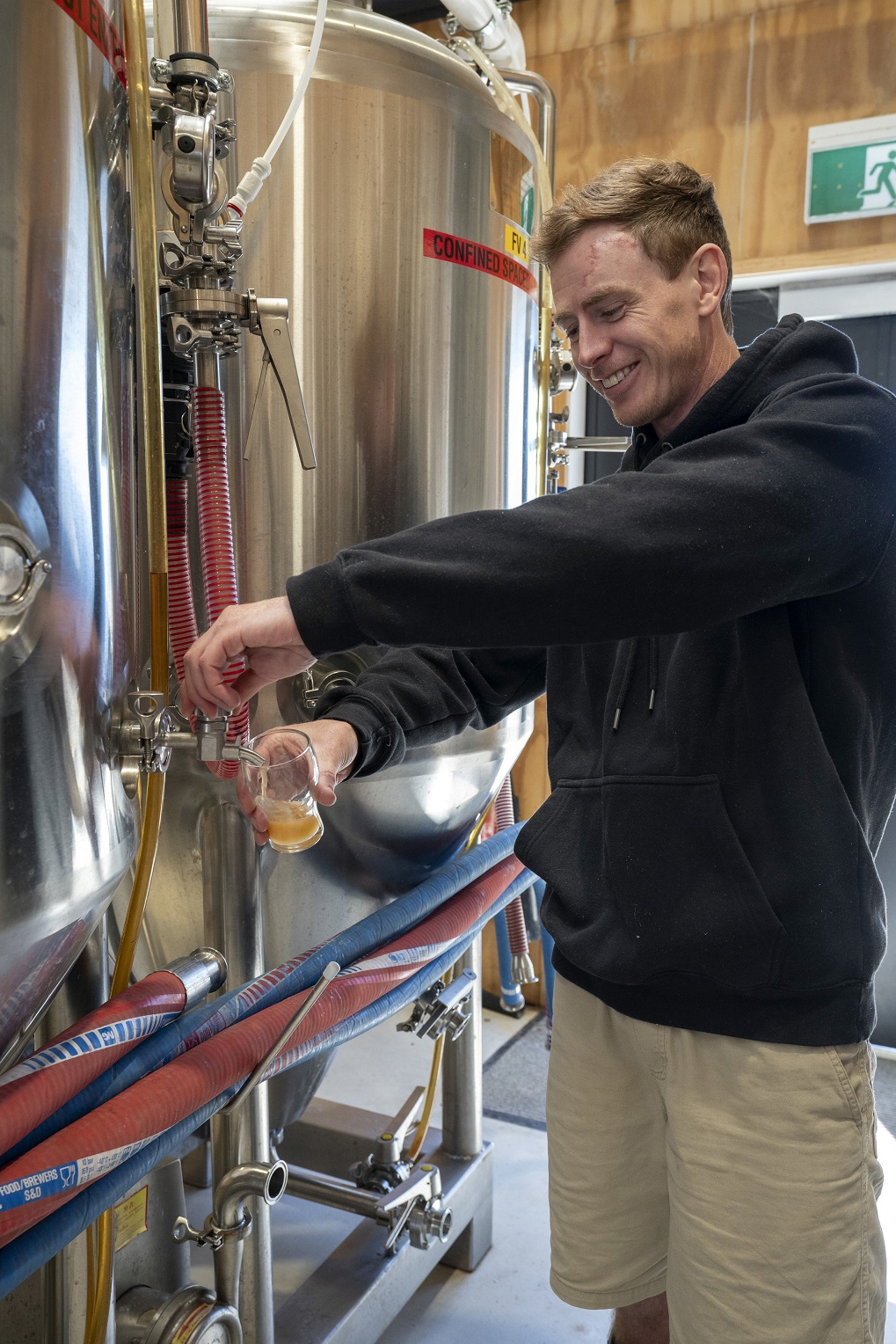
Dan Thomas has tried his hand at a few different careers but thinks his latest allows him to put his technical skills together with his creativity.
A keen adventure sports enthusiast, Thomas started out as an aircraft engineer for Air New Zealand’s international fleet in Auckland.
He left that behind to do his OE, but on his return discovered there were not any jobs in the industry.
As his OE had left him with a love of travel, he decided to study adventure tourism management in Queenstown. After a few years in the industry, he started his own adventure tourism business taking photographic tours.
But his love of aviation drew him back and he gained his private pilot’s licence and had nearly finished his commercial licence when the Covid pandemic hit.
Again he found himself adrift and wondering what to do next. He was trying his hand at landscaping when a friend’s study in brewing ignited an idea.
He had done a little home brewing, never thinking of it as a potential career. But the more he looked into it the more he saw the opportunity to use his technical skills as well as his interest in being creative — he loves art and photography — with its potential to create recipes and experiment.
"I googled brewing in New Zealand and Otago Brew School popped up. It’s how I started the journey. So I applied.
"The next thing I know I was going to it."
A fan of pale ales or IPAs, Thomas, who is from the Waikato, found the mix of practical and theory at the brew school suited him perfectly, as he enjoyed being hands-on and the work experience at other breweries.
"Getting real world experience has been great."
He was awarded the brew school’s scholarship to take part in the judging of the 2024 New World Beer and Cider Awards in Auckland this month.

"You can learn a lot from what they are saying about the beer. It’s been a great learning experience."
Thomas has moved to Wanaka, as he loves the outdoors lifestyle the district offers, and hopes to get a job in the beer industry.
The 28-strong judging panel had about 600 brews from 100 local and international beverage makers to work through.
Beer writer and author Michael Donaldson says entries to the competition often reflect what’s happening on supermarket shelves and in fridges around the country.
"The classic Kiwi beer chiller looks a lot different than it did just a few years ago and several of the trends we’ve seen emerge on the judging table over these past few years are now really taking off."
The fastest mover this year is low carb. Across New Zealand, sales of low carb beer grew by more than a third in the year to November 2022 and its popularity has continued at a similar pace since, driven by consumer trends towards lighter-tasting and healthier options.
A dedicated section in the awards has been set up for low-carb beers which attracted almost 5% of field.
"While it’s still a relatively small segment of the beer category, brewers are getting in behind it and increasing the range of products on offer."
Then about 7% of entries were low or no alcohol (2.5% ABV or less), almost twice as many as at last year’s competition.
"Between the pre and post Covid period, so roughly the start of 2019 to the end of 2022, there was a sevenfold increase in the amount of non and low-alcohol beer being consumed nationally*.
"There has been a swell of really high quality low and non-alcoholic beers and ciders lately, especially from local craft producers who’ve been working hard to perfect their techniques and achieve brews that taste like the real thing."
The judges are looking for no and low alcohol beers and ciders that measure up to the same standards as their regular strength counterparts.

In other sections, the hazy beer trend continues, with 120 presented for judging and the next largest class was IPA with around 70 beers.
The 30 top-ranked entries get places in the Top 30 and another 20 will get "highly commended". Results will be announced in May.
Beer award facts
- Ran for two days
- 11 pallets of beer, cider, glasses and other equipment was needed
- Judges tasted around 50 beers per day.
- 18 stewards were required to set up, pour and serve
- More than 5600 cans and bottles were set up in one day
- The stewards poured well over 3000 glasses of beer and cider over the two judging days.
- Dedicated glass-washers kept the 1600 glasses clean throughout the event.
- Judges avoided wearing perfume, enjoyed a garlic-filled meal the night before, and brought a coffee into the judging room
- Judges rated each beer on technical excellence, balance, mouthfeel and drinkability












